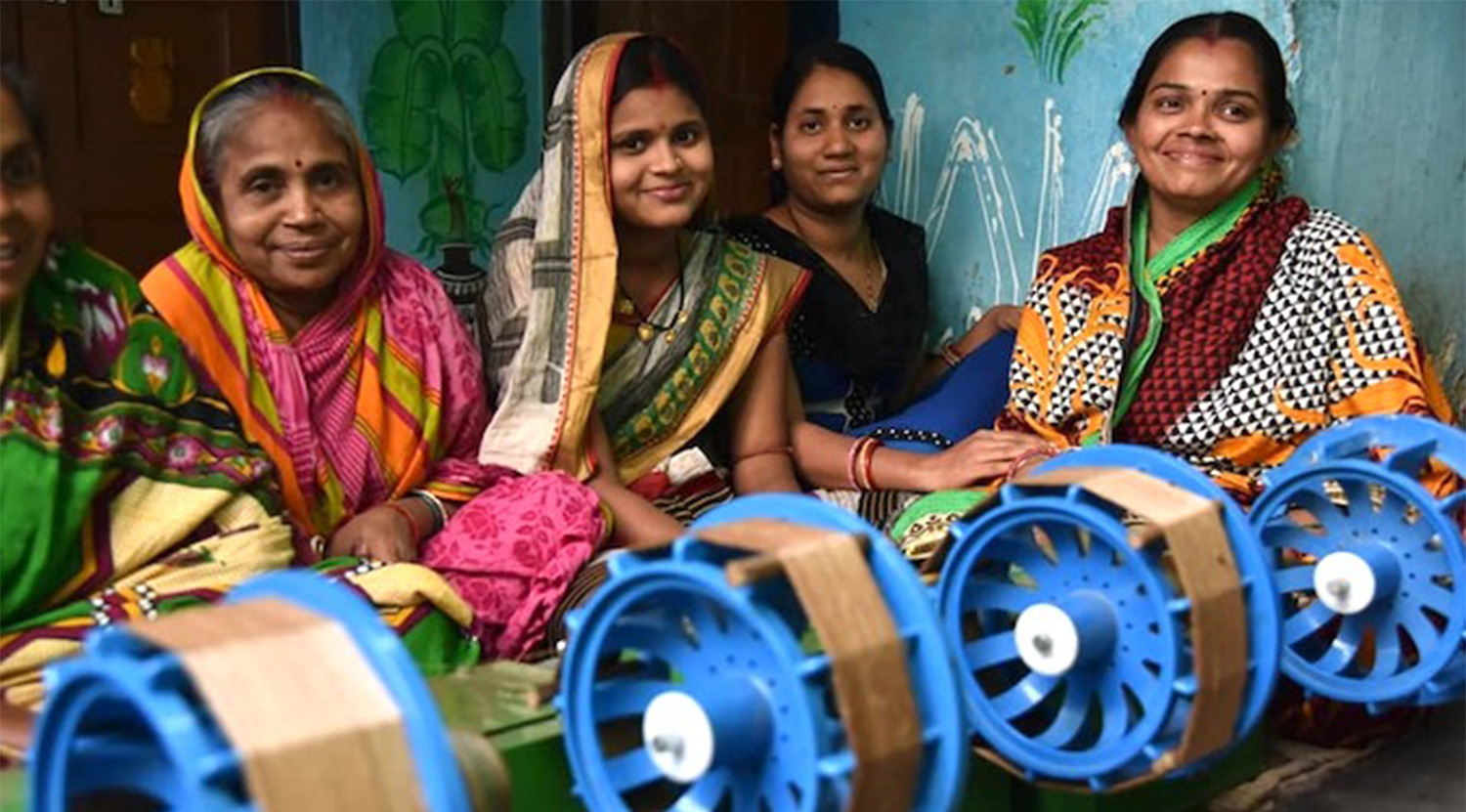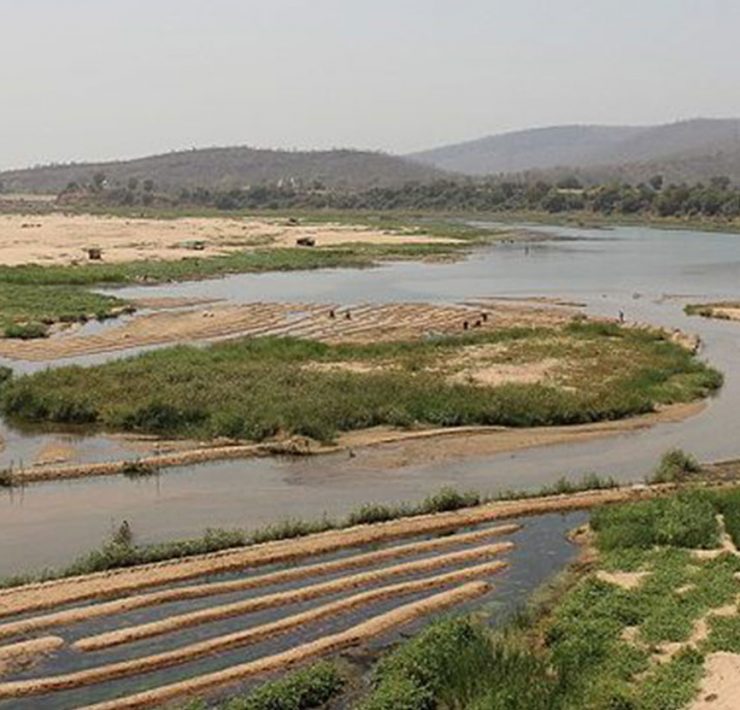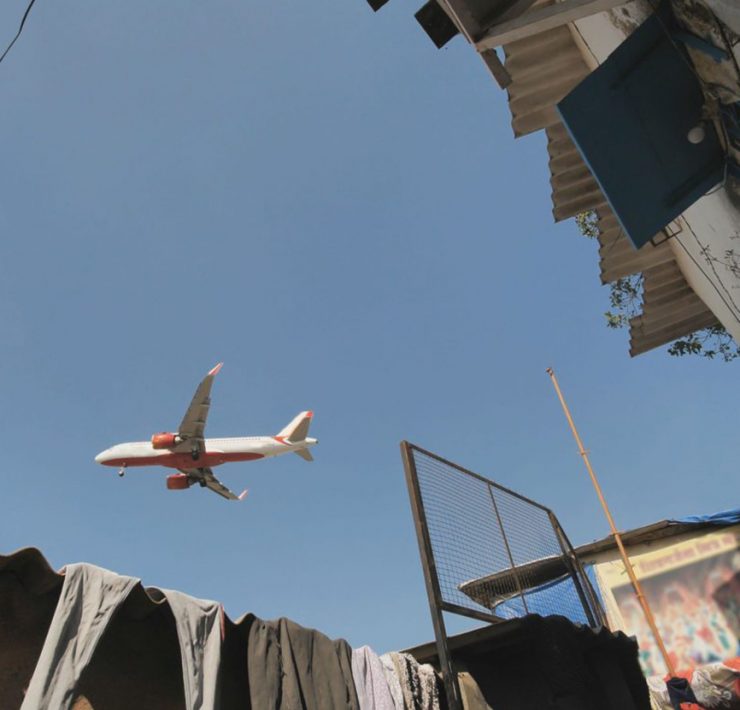Decentralised renewables can build resilient rural India
- India’s decentralised renewable energy sector has become an enabler of economic growth, especially in rural areas, with a focus on livelihoods and income generation.

At the start of 2020, the Indian decentralised renewable energy (DRE) sector, like others, was challenged by the impact of the unprecedented Covid-19 pandemic. While DRE enterprises continue to grapple with the situation, they have also shown resilience.
As the year nears its end, this resilience bears hope for the sector as a whole, as well as for underserved populations that rely on these technologies.
In April this year, members of the non-profit CLEAN network reported disruption in their DRE businesses due to the impact of Covid-19. In the months that followed, many DRE enterprises innovated products and services to combat the crisis, especially in healthcare.
There is now a need for a conducive policy environment, understanding needs of the rural communities to create a marketplace, perspectives of financing communities, available workforce opportunities and innovation in technologies, CLEAN said in a new overview report — State of the Decentralized Renewable Energy Sector in India 2019-20.
Despite the pandemic disruption, 62% of DRE enterprises reported financial growth, a 17% increase from the previous year, said the report published in collaboration with Shakti Sustainable Energy Foundation.
The report also showed that demand for productive use appliances like solar pumps, cold storage, cooking as well as home solar has increased.
Policy support
Although government focus on improving livelihoods has highlighted the value of the sector, there is need for more action and awareness to leverage these opportunities, the report said.
The federal Ministry of New and Renewable Energy (MNRE) recently notified a draft policy framework to promote DRE for livelihoods. Additionally, the Association of Renewable Energy Agencies of States (AREAS) invited proposals to promote financial assistance for innovative solutions for rural livelihood applications.
Alongside, there are several other opportunities and avenues which can be created where DRE enterprises can contribute to promote clean energy applications. The convergence of the government’s Agriculture Infrastructure Fund with the PM-KUSUM scheme and RBI’s revised Priority Sector Lending Guidelines for renewable energy are providing additional value to the sector.
CLEAN surveyed member organisations as well as other key stakeholders in the sector and found high participation in government programmes at state and national levels. Those who participated saw direct and indirect benefits. Enterprises also reported that recognition from the government helped raise capital.
Clean energy transition
The report found that enterprises, end users and financiers who have been dealing with clean energy applications such as solar home systems and lanterns, improved cookstoves and other such technologies, have transitioned towards a productive applications approach, focused on income generation and livelihood opportunities for rural communities.
A market survey conducted with enterprises showed the prospects of various DRE applications and their scope to integrate with other sectors like agriculture, food processing, textiles, cold storages and other energy-enabled sectors. This can lead to economic resilience in rural areas.
As the space for DRE business is expanding, enterprises have expressed the need to develop new partnerships with financing communities, government departments, civil societies, across value chains and relevant stakeholders, to build awareness and expand the market.
While the pandemic put many enterprises on hold, it also allowed some enterprises to look beyond their regular business activities and expand to segments such as solar-powered Covid-19 medical waste destroyers, solar touch-free automatic hand sanitisers, solarised vaccine carriers, solar-powered e-ambulances, solar-powered mobile medical units and others.
Consumers have found the products to be useful as these technologies have become more reliable and cost-competitive over time. That said, DRE enterprises have faced challenges to improve market access due to lack of proper financing channels, consumer affordability, consumer awareness about the products and their benefits, market linkages and absence of a structured distribution channel.
For convergence, the financiers have expressed a need for strong business plans where value and supply chain partners are identified and have prospects for close engagements. Significant efforts need to be made to increase awareness and strengthen market linkages and distribution channels, while also involving non-energy stakeholder communities such as agriculture, health, education, small businesses and others.
Finance and end-user affordability were cited as key challenges by 68% of DRE enterprises, the report said.
Standardization of DRE applications
For DRE applications to penetrate into the market, standardisation of such applications is important in order to develop confidence and acceptance among end users and investors, the report said.
The specifications of DRE productive applications are dependent on the needs of the customer, their geography and operating patterns. This requires enterprises to innovate and provide customised solutions, highlighting the need for dedicated capacity and resources for research and development for customised products and applications.
With the draft policy in place for the DRE sector and roles being defined for different sector stakeholders, the CLEAN report said that decentralised solutions would help build a sustainable business environment in rural areas.
Anuj Xess is manager, policy and finance at CLEAN.
This article first appeared on India Climate Dialogue.







